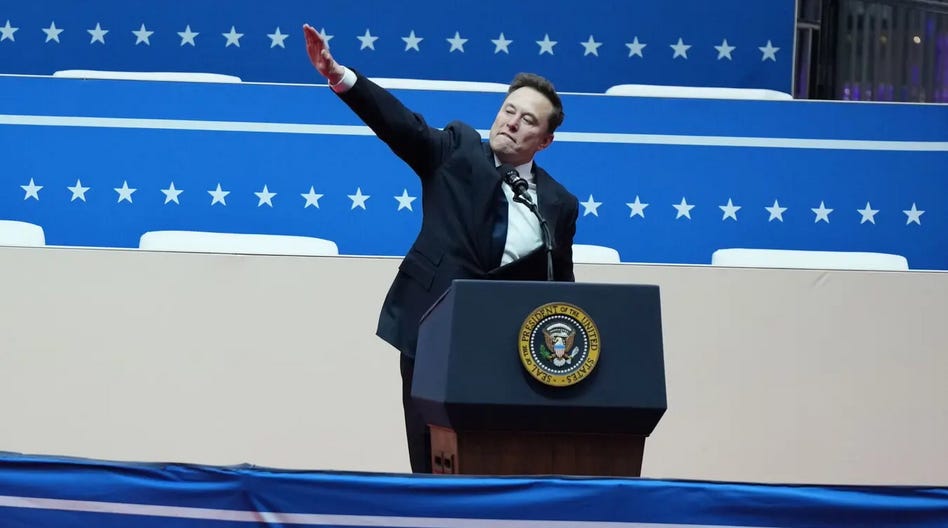He began with code and vision—a South African transplant with messianic ambition. Elon Musk made his first fortune not by building cars or rockets, but by wiring the plumbing of internet commerce. He co-founded X.com in the late '90s, a brash online banking startup that eventually merged into what became PayPal. When eBay acquired it for $1.5 billion in…
Keep reading with a 7-day free trial
Subscribe to Smoke Signals to keep reading this post and get 7 days of free access to the full post archives.





